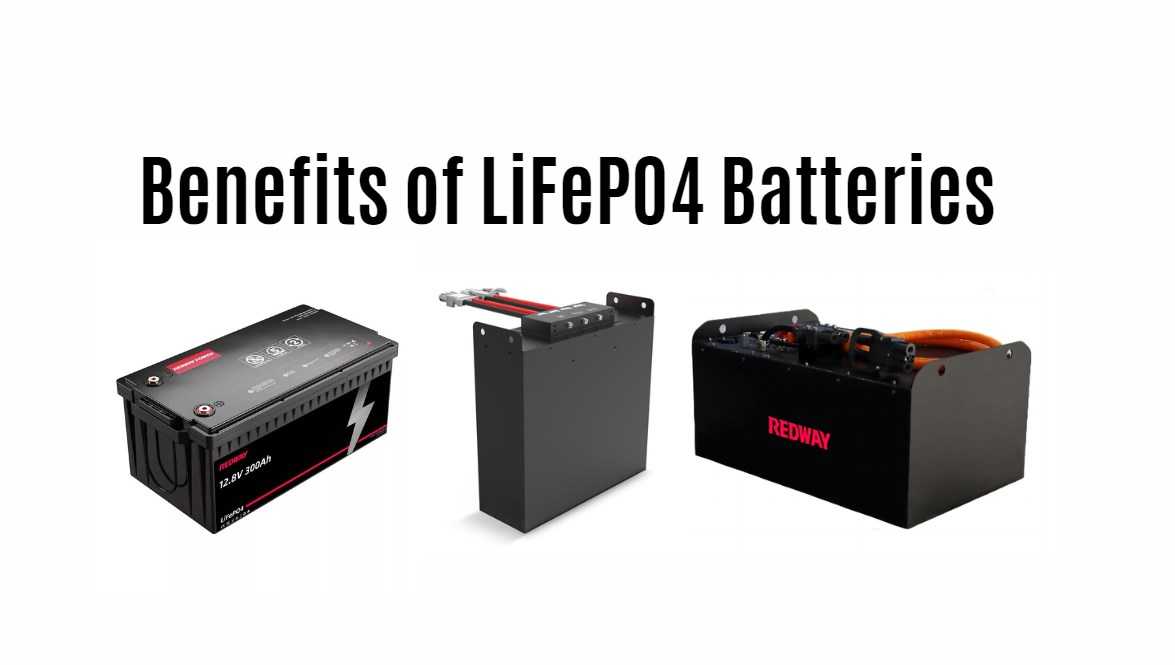Welcome to our comprehensive guide on lithium iron phosphate (LiFePO4) batteries. Whether you’re a seasoned tech enthusiast or new to the world of battery technology, this article aims to demystify the intricate details of LiFePO4 batteries, exploring their composition, benefits, drawbacks, and practical applications.
What is Lithium Iron Phosphate (LiFePO4)?
Lithium iron phosphate, commonly referred to as LiFePO4, represents a robust category within the lithium-ion battery family. These batteries integrate lithium and iron within their cathode structure, along with a phosphorous-based anode. This composition not only ensures a high energy density but also enhances safety, making LiFePO4 batteries ideal for environments where stability and reliability are paramount.
Key Properties and Structure of LiFePO4
LiFePO4 is characterized by its cubic crystal structure and grayish-black appearance. This chemical compound, with the formula LiFePO4, boasts exceptional thermal stability and a high melting point, attributes that contribute significantly to its durability and performance in various operational conditions.
Benefits of LiFePO4 Batteries
LiFePO4 batteries offer a myriad of advantages that distinguish them from other battery chemistries:
- Safety and Stability: Known for their robust safety profile, LiFePO4 batteries are inherently stable even in high-temperature environments.
- Long Lifespan: With a lifespan of up to 10 years, LiFePO4 batteries provide extended operational longevity compared to conventional lithium-ion batteries.
- High Energy Density: These batteries can store a substantial amount of energy relative to their size and weight, making them efficient for high-demand applications.
- Efficiency: LiFePO4 batteries exhibit minimal energy loss during charging and discharging cycles, ensuring efficient utilization across diverse applications.
Drawbacks of LiFePO4 Batteries
While LiFePO4 batteries excel in safety and longevity, they do present a few limitations:
- Energy Density: Compared to some other lithium-ion chemistries, LiFePO4 batteries have a lower energy density, meaning they store less energy per unit of weight.
- Cost Considerations: Due to lower production volumes compared to mainstream lithium-ion variants, LiFePO4 batteries tend to be more expensive.
- Temperature Sensitivity: LiFePO4 batteries may experience reduced performance in extreme temperature conditions, such as very cold or hot environments.
Conclusion
In conclusion, LiFePO4 batteries provide a compelling option for those seeking a safe, long-lasting, and efficient power solution. Their unique composition offers a distinct advantage in applications requiring high thermal stability and reliability. However, it’s important to weigh the trade-offs, such as energy density and cost, against the specific requirements of your project or device.
For more information on LiFePO4 batteries and how they can be integrated into your energy solutions, contact Redway Battery. Our team of experts is well-versed in the latest battery technologies and can guide you in selecting the optimal battery chemistry for your needs, ensuring you achieve the best performance and value for your energy storage applications.





